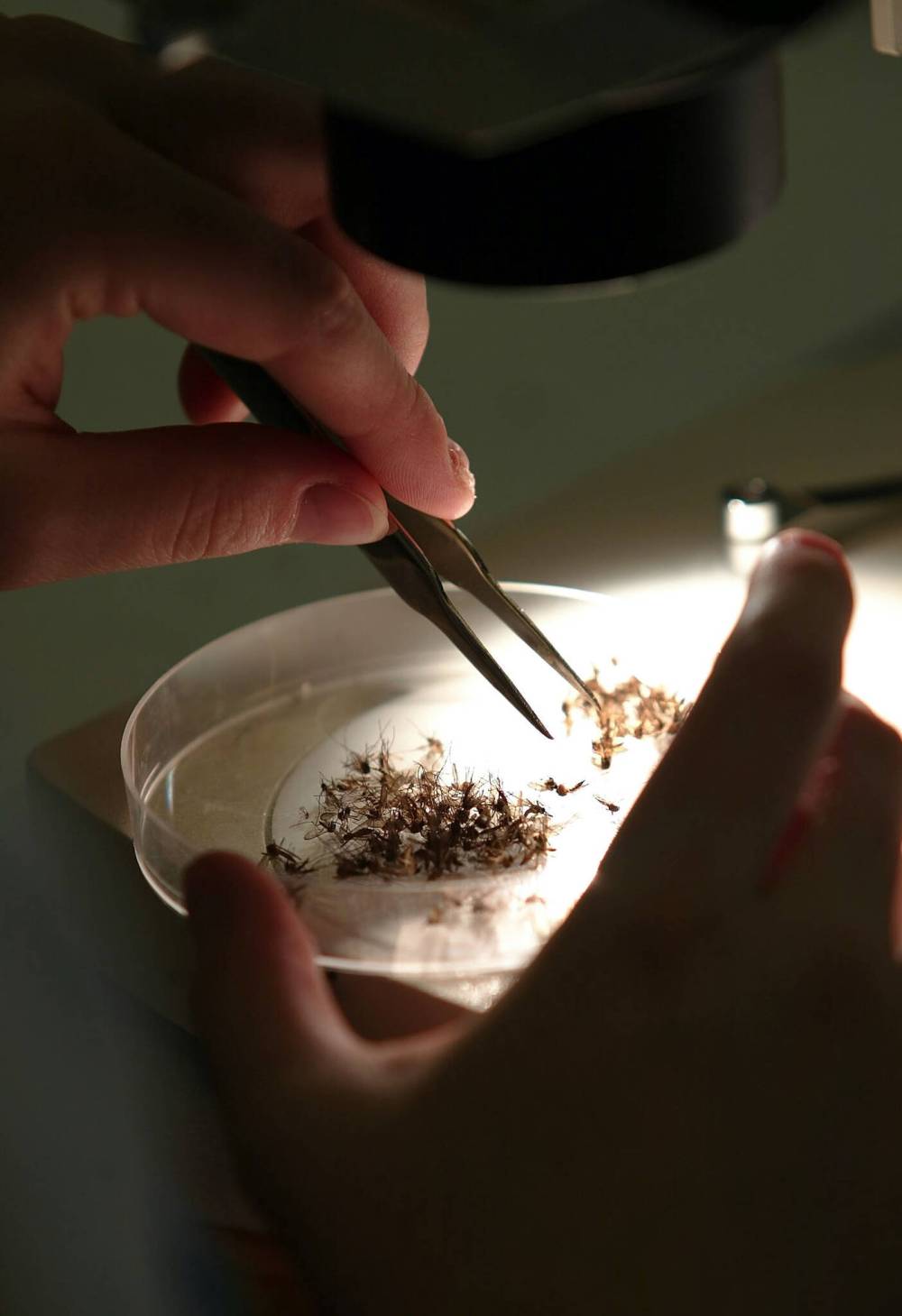Mosquito counts too low for fogging
Advertisement
Read this article for free:
or
Already have an account? Log in here »
We need your support!
Local journalism needs your support!
As we navigate through unprecedented times, our journalists are working harder than ever to bring you the latest local updates to keep you safe and informed.
Now, more than ever, we need your support.
Starting at $15.99 plus taxes every four weeks you can access your Brandon Sun online and full access to all content as it appears on our website.
Subscribe Nowor call circulation directly at (204) 727-0527.
Your pledge helps to ensure we provide the news that matters most to your community!
To continue reading, please subscribe:
Add Brandon Sun access to your Winnipeg Free Press subscription for only
$1 for the first 4 weeks*
*$1 will be added to your next bill. After your 4 weeks access is complete your rate will increase by $4.99 a X percent off the regular rate.
Read unlimited articles for free today:
or
Already have an account? Log in here »
Hey there, time traveller!
This article was published 21/06/2024 (457 days ago), so information in it may no longer be current.
Despite the rain received this month, the City of Brandon’s mosquito trap counts are still too low to initiate fogging.
According to the city’s open data site, there was an average of 14 mosquitoes in each of the five traps placed around Brandon last Monday and 24 last Sunday. The previous week saw an average of 17 mosquitoes on June 9 and 55 on June 10.
The traps are placed in tall grass or on trees and use CO2 attached to a net to attract mosquitoes. During mosquito season, the traps are set up every weekend and then sent to Winnipeg for counting.

Winnipeg Insect Control Branch worker counts mosquitoes in petri dish. During mosquito season, traps are set up in Brandon every weekend and then sent to Winnipeg for counting. (File)
In order for the city to start mosquito fogging, the average trap count must exceed 1,000 mosquitoes or any one trap count must exceed 2,000 mosquitoes.
Earlier this year, the City of Winnipeg purchased the last remaining Canadian stock of the pesticide both it and Brandon use for mosquito fogging, DeltaGuard 20 EW.
Brandon has enough product left for only two applications.
In April, staff told Brandon City Council that an alternative source of the pesticide was being sought and alternatives were being discussed with Health Canada.
On Thursday, Brandon’s manager of parks, Bryce Wilson, told the Sun in an email that a solution to that problem is still being pursued.
Even with the recent rainfall, Wilson said there hasn’t been a lot of need to step up the city’s larviciding efforts, where a chemical is applied to standing water to kill mosquito larvae before they become adults.
“Staff larvicide as required but have not seen an increase due to the recent rain. The City of Brandon has a crew of five that travel and inspect standing water on city property each day for activity and larvicide as required,” Wilson said.
Should the city ever initiate mosquito fogging, it is required to give residents 24 hours’ notice before carrying it out.
Residents are allowed to have a buffer zone placed on their property if they don’t want fogging to be carried out nearby. Buffer zones must be reapplied for every year online at onlineservices.brandon.ca/bufferzoneregistration.aspx.
In 2022, Brandon City Council ordered that fogging be carried out even though trap counts were below the set thresholds.
It is also possible for the province to order mosquito fogging in Brandon if West Nile virus is detected in the city.
» cslark@brandonsun.com
» X: @ColinSlark
